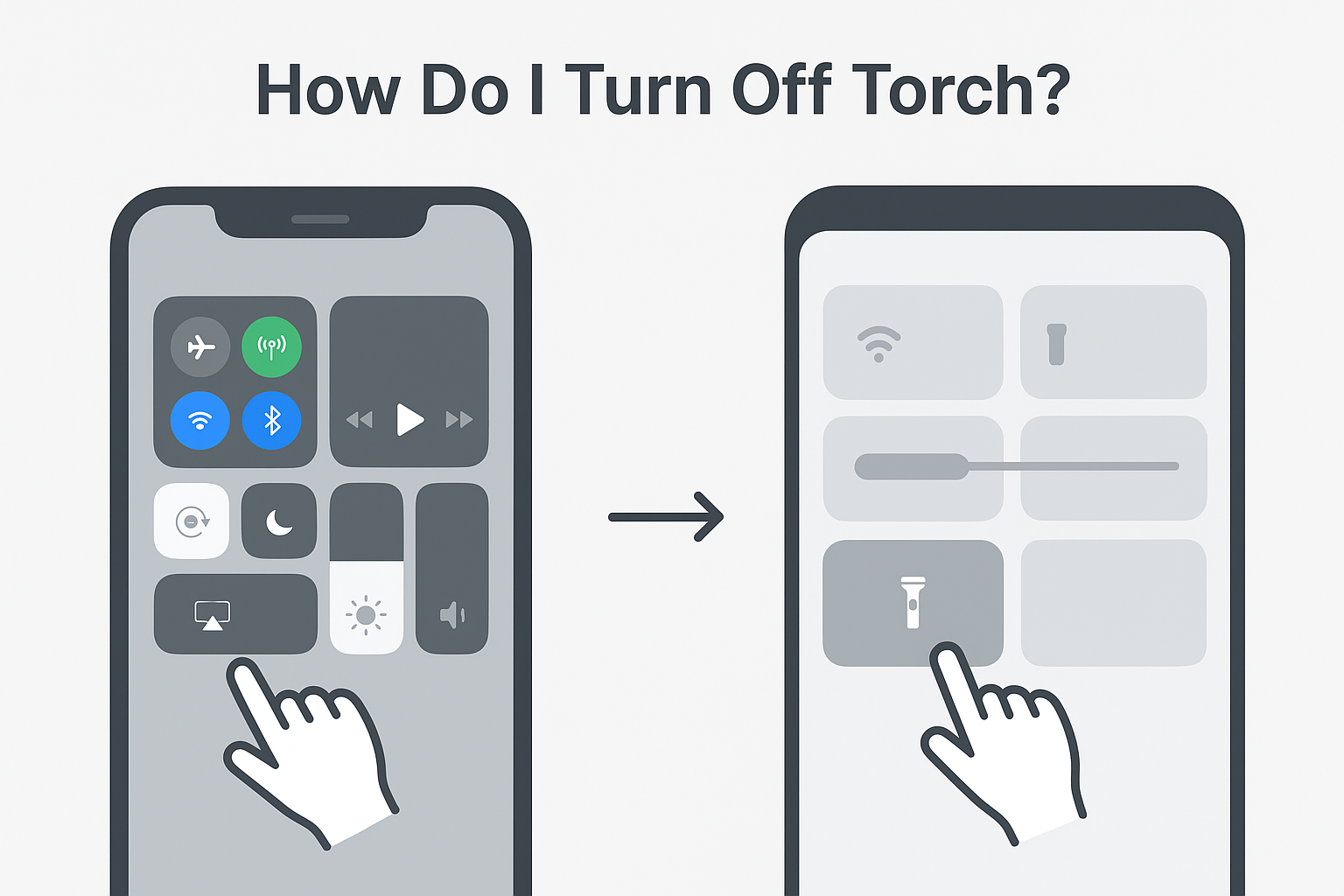When learning a new language, grammar and vocabulary usually take center stage. But what about idioms — those quirky phrases that rarely mean what they literally say? Learners often ask: is idiom hard to learn? The short answer is: yes and no. Idioms can be tricky at first, but with the right strategies, they become one of the most enjoyable and rewarding aspects of mastering a language.
In this article, we’ll break down why idioms feel difficult, how to learn them more easily, and whether they’re worth the effort.
What Is an Idiom, Exactly?
An idiom is a phrase where the meaning cannot be understood from the individual words alone. For example:
- “Spill the beans” → means “reveal a secret,” not literally pouring beans.
- “Under the weather” → means “feeling sick,” not standing in rain.
Idioms add color and cultural depth to language. They’re common in English, French, Korean, and almost every language, making them essential if you want to sound fluent and natural.
Why Are Idioms Hard to Learn?
Idioms are challenging for a few key reasons:
- They don’t translate directly.
If you ask “Is French a hard language to learn?” (see our full article here), you’ll notice idioms are one of the reasons learners struggle. French, like English, has idioms that don’t make sense when translated word-for-word. - They rely on culture.
Idioms often come from historical events, literature, or local traditions. Without cultural context, they can feel confusing. - They aren’t always taught in textbooks.
Traditional grammar lessons rarely include idiomatic expressions, so students miss out on natural conversational language. - They change with time.
New idioms appear (like “spill the tea”), while others fade out.
Is Idiom Hard to Learn Compared to Vocabulary or Grammar?
When comparing idioms to grammar rules or vocabulary lists, idioms are often seen as harder because:
- Grammar follows patterns and rules.
- Vocabulary has clear meanings.
- Idioms break both rules and meanings, requiring memorization and context.
However, idioms can also be easier than grammar if you learn them in chunks. Once memorized, they often don’t change — making them reusable in many situations.
How to Learn Idioms Without Stress
If you’re wondering “how can I learn idioms easily?”, here are tested strategies:
1. Learn Idioms in Context
Don’t just memorize lists. Learn idioms in sentences or stories. Example:
- Instead of just “break the ice,” learn: “He told a funny joke to break the ice at the party.”
2. Group Idioms by Theme
For faster recall, organize idioms under topics like:
- Weather idioms: “under the weather,” “storm in a teacup.”
- Food idioms: “piece of cake,” “spill the beans.”
- Animal idioms: “let the cat out of the bag,” “the elephant in the room.”
3. Use Idioms in Conversation
The best way to remember idioms is to use them. Try one new idiom each day when texting, emailing, or chatting.
4. Watch TV Shows or Movies
Idioms are everywhere in pop culture. Shows like Friends or The Office are filled with everyday idioms.
5. Take an Idiom Quiz
Just like a learning style quiz, idiom quizzes can help test your knowledge in a fun, interactive way.
Are Idioms Worth Learning?
Yes. Idioms:
- Make your language sound natural.
- Improve listening skills (since native speakers use them constantly).
- Help you understand culture more deeply.
If you skip idioms, you risk sounding robotic or overly formal.
Is Idiom Hard to Learn for Beginners vs Advanced Learners?
- Beginners: Idioms can feel overwhelming because you’re still building basic grammar. Stick to 5–10 common idioms at first.
- Intermediate/Advanced learners: Idioms become more fun and rewarding at this stage. You’ll start noticing patterns and cultural meanings.
Real Example: English vs Korean Idioms
If you’re asking “how long does it take to learn Korean?” (read here), you’ll see idioms play a role. For instance:
- Korean idiom: “개구리 올챙이 적 생각 못한다” → literally “The frog can’t remember when he was a tadpole.” Meaning: People forget their humble beginnings.
Just like in English, you can’t guess the meaning unless you learn it in context.
FAQ: Is Idiom Hard to Learn?
Q1. Do I need idioms to be fluent?
Yes — idioms are a big part of sounding natural in any language.
Q2. Is idiom hard to learn for non-native speakers?
It can be, but practice, context, and quizzes make it easier.
Q3. How many idioms should I learn first?
Start with 20–30 of the most common idioms, then build up.
Q4. Is French or Korean harder for idioms?
Both are challenging, but English idioms are often more irregular. (Check our guides: Is French a Hard Language to Learn? | How Long Does It Take to Learn Korean?)
Final Thoughts
So, is idiom hard to learn? At first, yes — because they don’t follow literal meanings. But with practice, idioms become not only manageable but also fun. They’re the secret ingredient to sounding fluent and culturally aware in any language.
If you want to level up your language learning, don’t avoid idioms — embrace them. Start small, stay consistent, and you’ll soon find yourself using them naturally.












